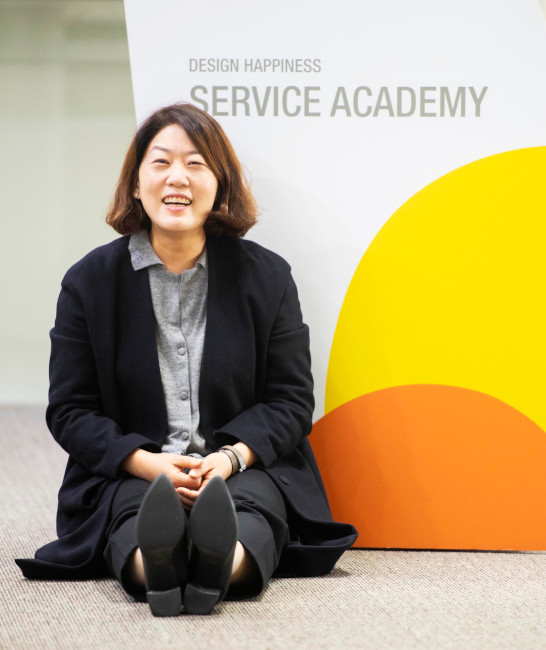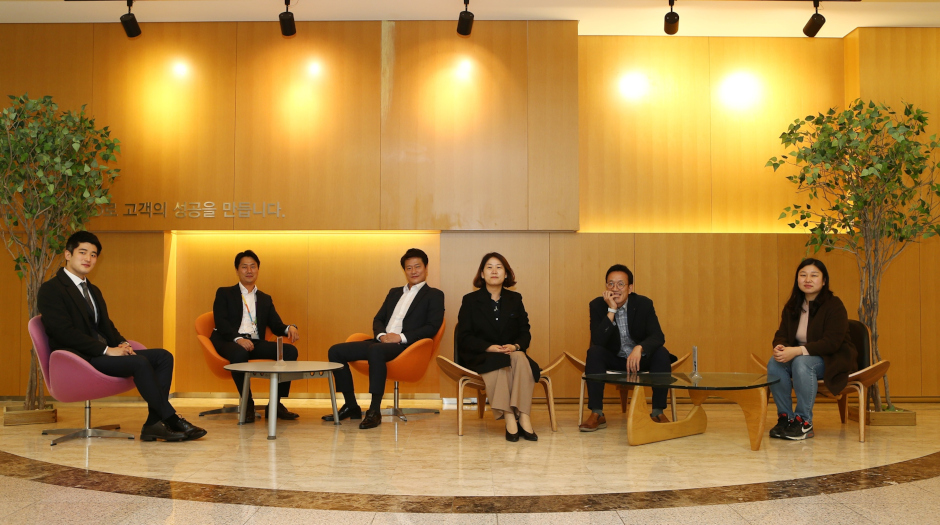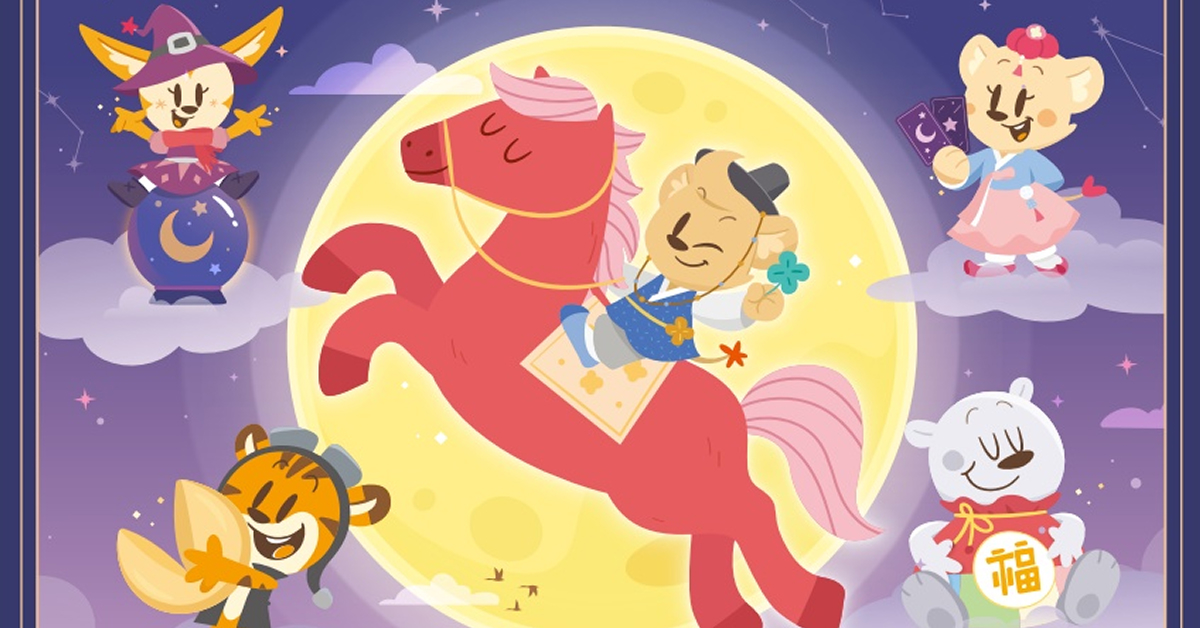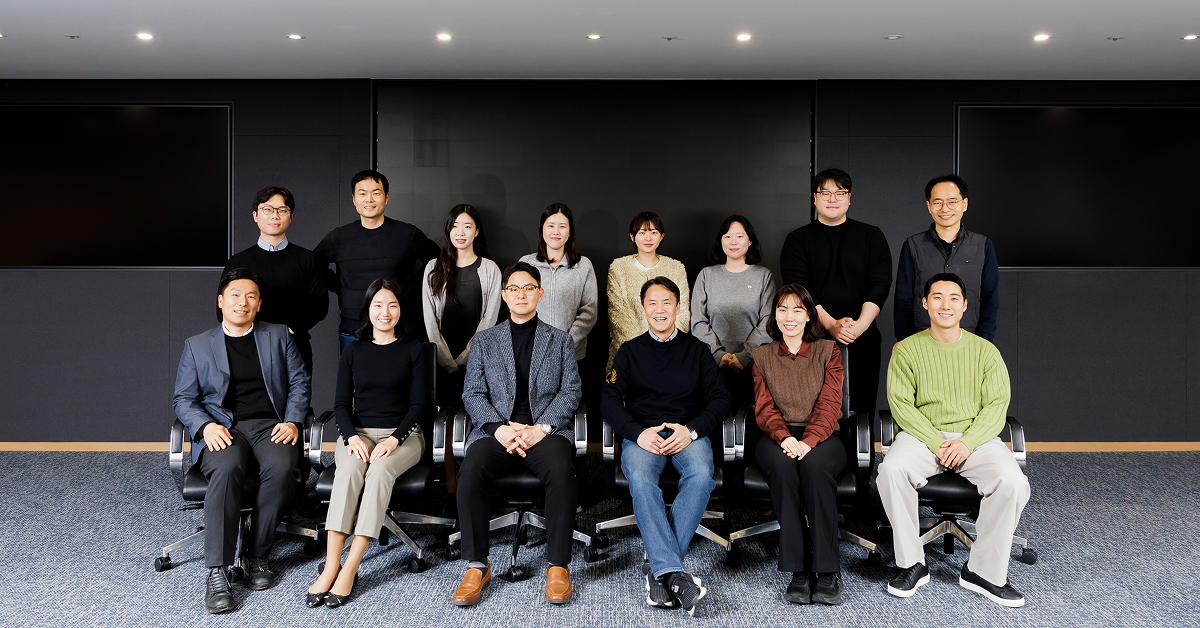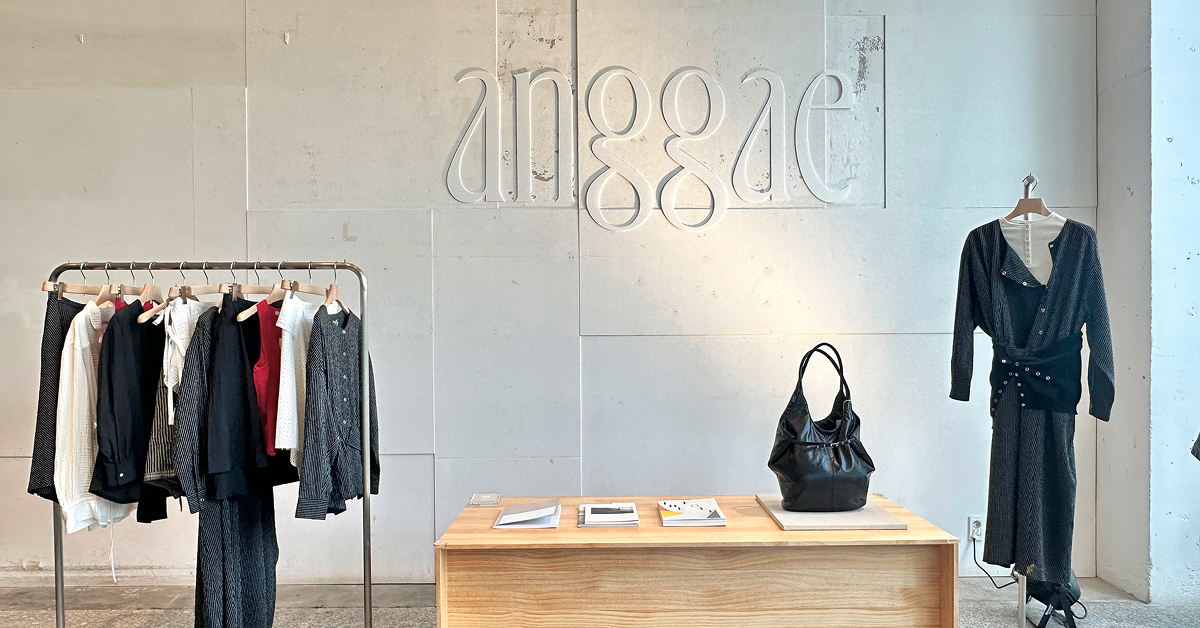Korea’s best-known theme park Everland operates under the customer service philosophy of “Design Happiness.” This contains the belief that its staff should be happy first to provide happiness to customers. Its entertaining staff members trained with this idea in mind make the park more colorful and unique with their passion and talent. It is also reflected in specific indices as it has ranked top in the Korean Standard Service Quality Index and the Korean Customer Satisfaction Index for over 20 consecutive years.
Behind these results is Service Academy, the cradle of the park’s customer service education. Established in 1994 when even the concept of service industry was weak in the country, experts from various fields, including psychology, educational technology and business management, research and develop customer service. Psychological expert Lee Yoo-ri is among them.
Developing happiness to pass it on at Everland
Lee joined Service Academy in 2013 after using her major in psychology to work in psychiatry and human resource consulting. She said, “I was intrigued that the park sought to develop education programs based on a deep understanding of humanity beyond just the simple education of customer service skills.”
Now she collects and analyzes various theories to set up frames for effective service education and develop them into education programs and indexes. She also monitors customer service by visiting the park and interviews the staff to understand the real field.
New type of education
More than just handing over knowledge and skills, Service Academy aims to develop new education programs that can take care and move the minds of trainees fundamentally by combining specialized theories. An example is Vitamin Camp, a program to let workers know how to deal with emotional labor. Its programs include nearby art gallery visits, mind control using plants and a test to examine one’s emotional status. Lee explained, “It was developed based on the thought that staff can provide better service from their heart if they are less stressed from emotional labor.”
Job Crafting is also a good example, which helps staff members have fun and find meaning from work. It teaches them how to restructure their jobs actively to fit their personal characteristics. Lee said, “Both of the programs are a new type of education that cannot be found in existing service education. They are based on positive psychology.”
Service Academy is also using its strong expertise accumulated over a long period of time. Lee explained, “We have the expertise on effective kinds of education as it has offered service education to part-timers in their early 20s for a long time.” According to this, they adopted a game format so that trainees can naturally acquire knowledge and skills. They also make them think about goals that they want to achieve while working at the park by showing them videos of authentic encouragement from their predecessors. Well-performing staff members can also grow as customer service instructors and give training sessions themselves. Hearing the stories of more experienced staff members puts a feel for the work into newcomers’ bones.
Leading in a positive direction
Lee feels most rewarded when she receives feedback from trainees that experienced positive changes through the programs. She said, “An email several years ago from an attendee of a Job Crafting seminar still remains in my memory. She said that she was very impressed with the program and shared what she learned with her husband. They had a long talk about crafting work and life. A Vitamin Camp attendee who cried a lot during the program is also memorable. She also sent me a thank you email later.”
Yet she thinks that it is arrogant to think that they can easily change people through education. She explained, “Each person is a unique universe that contains their entire life so far. I believe in the growth potential of a person but the one who holds the key to that growth is also the person. I can only help that person just a little bit if the timing is right.”
Lee continues doing her best today to develop education programs that offer a small hand that can help people. She is recently working on a new program for growth of organizations that have experienced a crisis. She said, “I am highly interested in growth. I would like to trace the patterns of how people from various fields grow by linking it with psychology.”


